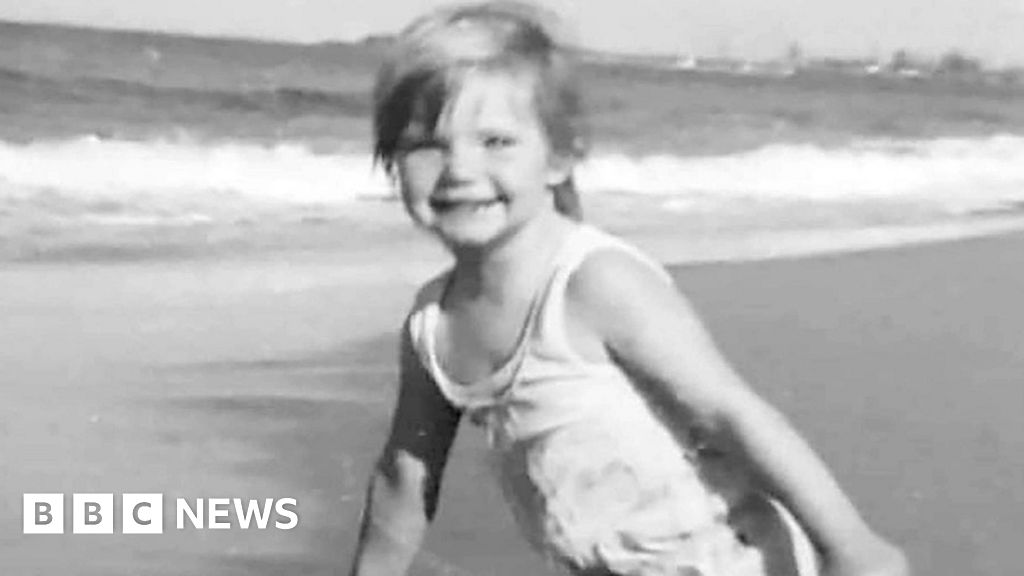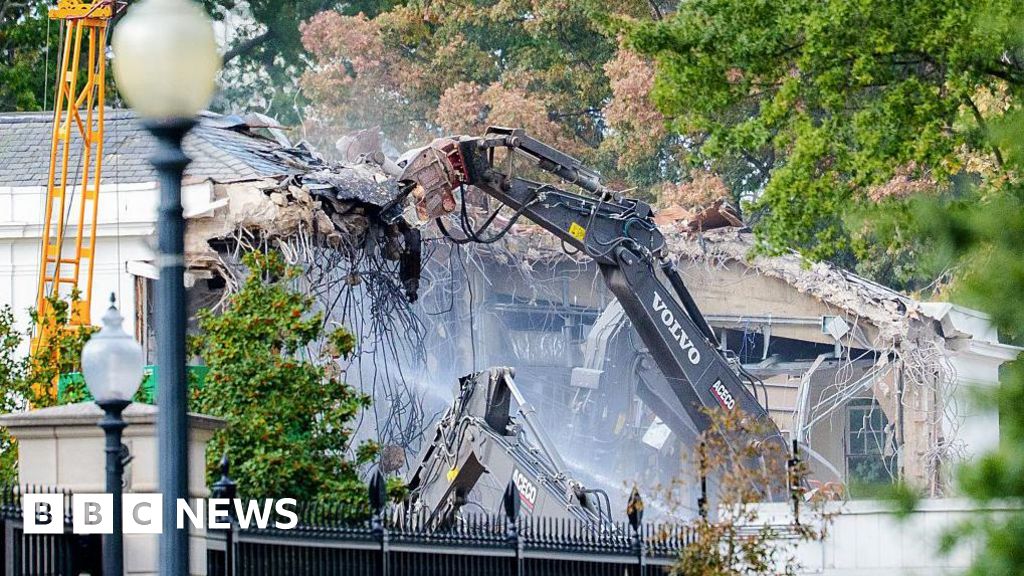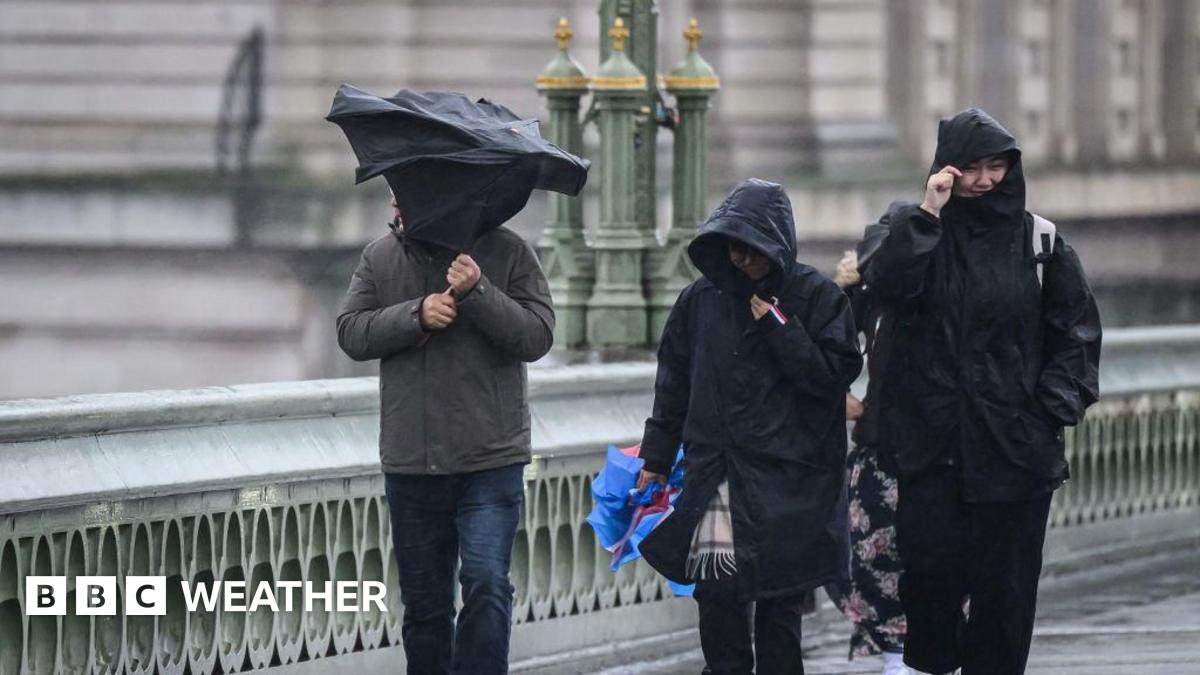 Grimmer family
Grimmer familyThe identity of a key person of interest in the disappearance of a British girl more than 50 years ago has been revealed by an Australian politician.
A member of New South Wales Legislative Council used parliamentary privilege to name the man known as Mercury, whose identity is protected by law. The BBC has chosen not to name him.
Three-year-old Cheryl Grimmer was abducted from Fairy Meadow beach in Wollongong in 1970. Despite extensive searches, there were no leads.
Then in 2017, Mercury was charged with Cheryl’s abduction and murder after officers discovered a confession made by a teenager in 1971. But a judge ruled it was inadmissible and the case was dropped. Mercury says he is innocent.
In parliament on Thursday, Jeremy Buckingham read out Mercury’s teenage confession and called for a new investigation into Cheryl’s murder.
“The family of Cheryl Grimmer have been through so much anguish over such a long period of time,” he said.
“[Mercury] is a free man living with his identity suppressed from his neighbours and no one has been punished for Cheryl Grimmer’s abduction and murder.”
Cheryl’s family – some of whom were in the public gallery on Thursday as Mercury was named – has been pushing for a fresh inquiry since the trial fell over six years ago. Last week they gave Mercury an ultimatum, urging him to reveal his identity and explain to the family how he knew information contained in his confession – and if it was the truth.
Cheryl was last seen running into a changing room block on 12 January 1970, after a day at the beach with her family, who had only recently migrated to Australia from Bristol as so-called Ten Pound Poms.
Last week, the family released a lengthy document detailing the missteps they say were made by authorities in NSW in the search for Cheryl.
The family was recently told that a four-year-long review of the case found there was no new evidence that could lead to a conviction – even though the BBC’s Fairy Meadow true crime podcast in 2022 unearthed three new potential witnesses.
NSW Police have defended their investigations, reiterating that homicide detectives are still looking into Cheryl’s disappearance – and that a A$1m ($649,000, £486,000) reward for information remains on offer.
The family, alongside a volunteer team using cadaver detection dogs, has recently been searching an “area of interest” they hoped would be a breakthrough in the case. But police said that a subsequent inspection of the area only found animal bones.
Earlier this month, the NSW parliament announced an inquiry into long-term missing persons cases in the state – including Cheryl’s. It will look into how investigations have been carried out and ways to improve outcomes.















Leave a Reply